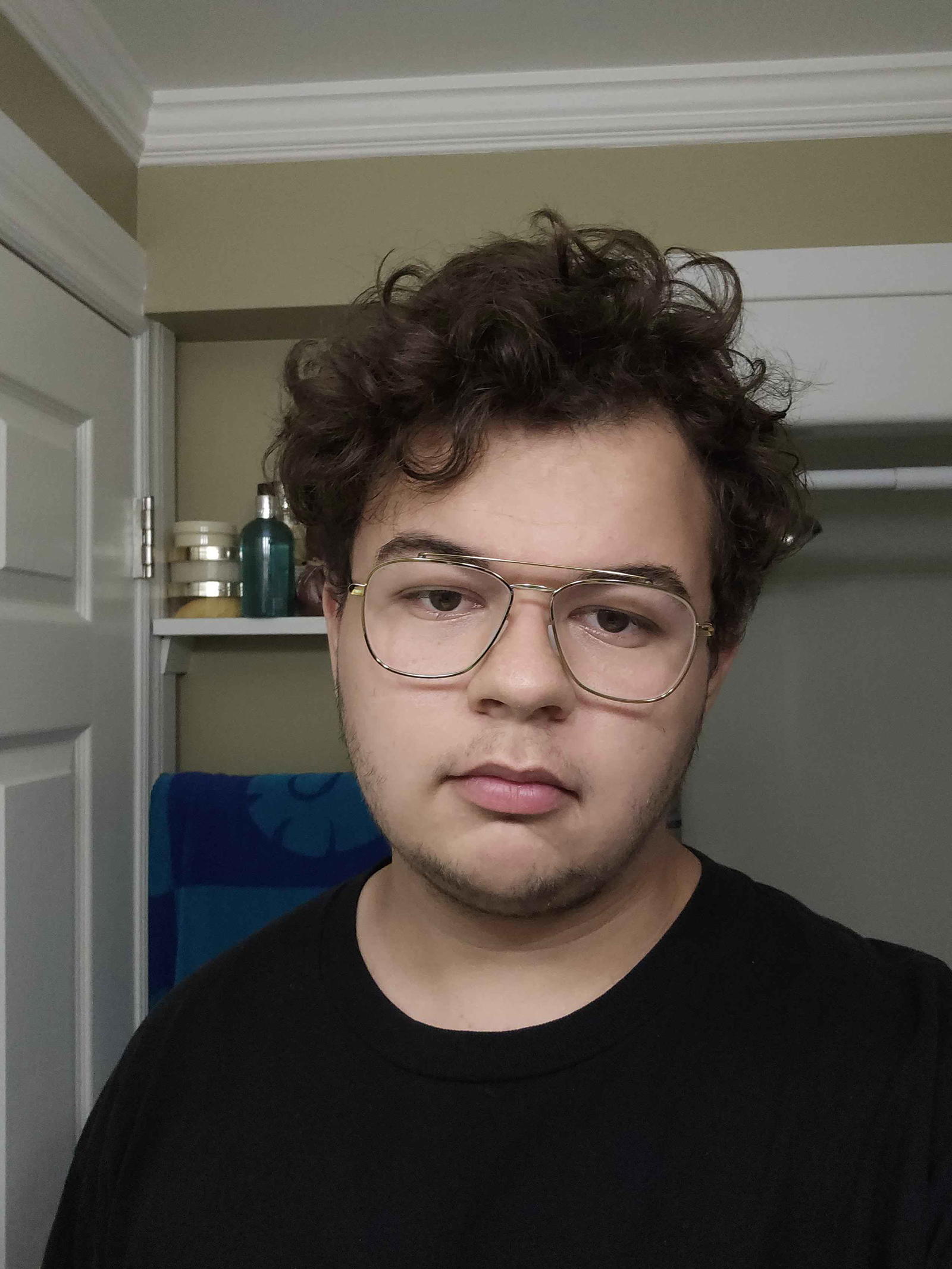

For years, Canadian U Sports hockey has flown under the radar as a talent funnel to the NHL, but with Coyote's prospect Artem Duda signing with Toronto Metropolitan University, the tables could soon turn, writes Jacob Titus.
 Arizona Coyotes
Arizona CoyotesSince the dissolution of the NHL’s supplemental draft in the 1990s, Canadian university level hockey has been considered an afterthought. That could change with Arizona Coyotes 2022 second-rounder Artem Duda.
Every few years, a player tends to break through after years of seasoning in the minors and Europe, including the likes of Joel Ward, Derek Ryan and Jody Shelley. But generally, the notion is that players are only there to extend their hockey career before either making the move to the ECHL, European leagues or life after hockey.
Recently, this notion has started to change as U Sports’ top players have found more opportunities playing in North America, reaching the AHL and sometimes even the NHL.
The University of Alberta’s Luke Philp (Chicago) and Zach Sawchenko (San Jose) are among the most recent to make their debuts in the NHL after being largely ignored by the NHL in their respective CHL careers. The most notable example is Brock University’s Logan Thompson, who has seen his star shown brightest by cementing himself as an NHL-caliber goaltender and winning a cup with the Vegas Golden Knights last year.
But Duda’s commitment to Toronto Metropolitan University for the winter semester will arguably re-ignite Canadian university-level hockey as a legitimate pathway to the NHL. Duda's move was originally reported by Ben Steiner of U Sports-focused website 49-sport.com and PHNX Sports' Craig Morgan before the TMU Bold confirmed the news on Tuesday.
That said, Duda’s path to U Sports is a long one, and it arguably wasn't his first choice.
The 6-foot-1 defender grew up through CSKA Moscow’s farm system. His play in his own end, his skating and his offensive tools were good enough to be selected 36th overall by the Arizona Coyotes in 2022.
After another year of play in Russia, the Maine Black Bears NCAA program would announce Duda’s commitment to their program for the 2023-24 season. One small issue – his 14 games with the CSKA Moscow KHL team last year made him ineligible to play.
They likely figured that given the NCAA’s compromising attitudes on the idea of the amateur athlete status, by allowing players to make deals off of their brand, may also mean the NCAA would be more open to bending their strict eligibility rules. In fact, they’ve done it before.
Austen Swankler, a veteran of 59 OHL games with the Erie Otters, got his NCAA eligibility reinstated after the pandemic cut 2021-22 season, despite the NCAA’s viewing the CHL as a professional league.
This time, the NCAA didn’t budge.
While he isn’t considered too old to play in the CHL or USHL, he is still ineligible as he was never selected in any of the leagues' drafts. Furthermore, the BCHL’s stance on temporarily barring Russian and Belarussian athletes due to the war in Ukraine further cut the Moscow native’s options.
This left U Sports as the best option available.
With the TMU Bold, Duda will undoubtedly be thrust into a top pairing role – minutes he wouldn’t have received on CSKA Moscow’s stacked roster – playing against the very best the league has to offer, as he looks to become adjusted to the North American game. He will look to help TMU unseat Brock at the top of OUA West’s division, given that TMU already automatically qualifies for the playoffs as they are hosting the U Sports Men’s Championships.
Duda’s commitment isn’t just a commitment to TMU but could also serve as U Sports' commitment to the NHL. It not only brings more eyes to the program but also the league. If U Sports can capitalize on this signing, it could bring further investment to the league.
Those investments may be in the form of sponsorships but also could mean a larger budget for their hockey programs. It’s very unlikely that these Canadian university teams will ever get to the state-of-the-art facilities of their southern counterparts, such as Arizona State University or Boston College. However, it could mean more investment to bring their facilities up to a standard worth bringing in more notable talent, or at the very least, help the talent they already have to get a shot at the NHL.


